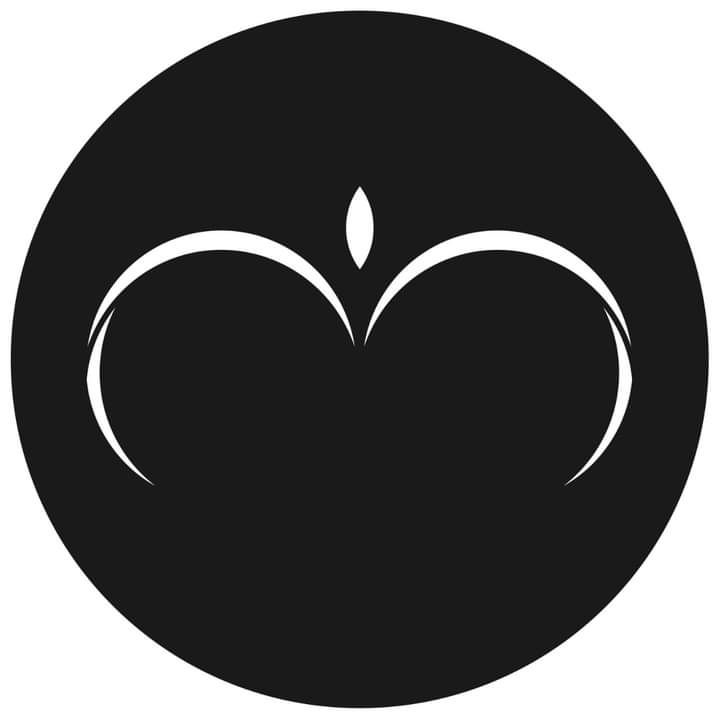Forgiveness is a profound act of liberation, a gift we give not just to others but to ourselves. Yet, the journey towards forgiveness can be arduous, fraught with pain and resentment. In this article, we’ll delve into the importance of forgiveness, exploring how holding onto grudges can manifest as mental and physical distress. Moreover, we’ll navigate the intricate pathways toward forgiveness, offering insights and strategies to help you embark on a transformative journey of healing and liberation.
Why Forgiveness Matters:
Forgiveness is often misconstrued as a sign of weakness or surrender, but in reality, it is a courageous act of strength and resilience. When we forgive, we release ourselves from the burden of carrying past grievances, freeing up space for healing and growth. Moreover, forgiveness fosters empathy and compassion, fostering deeper connections and fostering peace within ourselves and our communities.
The Consequences of Holding Grudges:
Holding onto grudges can have profound consequences on both our mental and physical well-being. From harboring feelings of resentment and anger to experiencing increased stress and anxiety, the emotional toll of unforgiveness can be debilitating. Moreover, research has shown that chronic anger and resentment can contribute to a host of physical ailments, including high blood pressure, heart disease, and weakened immune function. By clinging to past hurts, we inadvertently sabotage our own health and happiness.
Understanding the Pathways to Forgiveness:
Forgiveness is not a one-size-fits-all solution; rather, it is a deeply personal journey that unfolds at its own pace. However, there are several key pathways that can facilitate the process of forgiveness:
- Acknowledge Your Feelings: Before you can begin the journey of forgiveness, it’s essential to acknowledge and validate your feelings of hurt and anger. Allow yourself to experience these emotions fully, without judgment or suppression.
- Shift Your Perspective: One of the most powerful aspects of forgiveness is reframing our perception of the situation and the person who hurt us. Instead of viewing them as villains, try to empathize with their humanity, recognizing that everyone makes mistakes and struggles in their own way.
- Practice Self-Compassion: Forgiveness begins with self-compassion – the act of extending kindness and understanding to ourselves. Be gentle with yourself as you navigate the complexities of forgiveness, and remember that healing is a gradual process.
- Set Boundaries: Forgiveness does not mean condoning or excusing harmful behavior. It’s important to set boundaries to protect yourself from further harm while still holding space for compassion and understanding.
- Release Resentment Through Ritual: Engage in practices that allow you to release pent-up resentment and anger, whether it’s journaling, meditation, or engaging in physical activity. Find what works for you and make it a regular part of your healing journey.
- Seek Support: Forgiveness is not a solitary endeavor – it often requires support from trusted friends, family members, or mental health professionals. Don’t hesitate to reach out for help if you’re struggling to navigate the process on your own.
The Transformative Power of Forgiveness:
As we journey towards forgiveness, we not only liberate ourselves from the shackles of the past but also pave the way for profound healing and transformation. By letting go of resentment and embracing forgiveness, we open our hearts to love, compassion, and joy. Moreover, forgiveness fosters a sense of interconnectedness and unity, bridging divides and fostering reconciliation within ourselves and our communities.
Forgiveness is a sacred act of liberation and healing – a journey of courage, compassion, and resilience. By releasing ourselves from the burden of past grievances, we reclaim our power and embrace the fullness of life’s possibilities. So, let us embark on this transformative journey together, extending forgiveness to others and ourselves, and paving the way for a brighter, more compassionate future.

